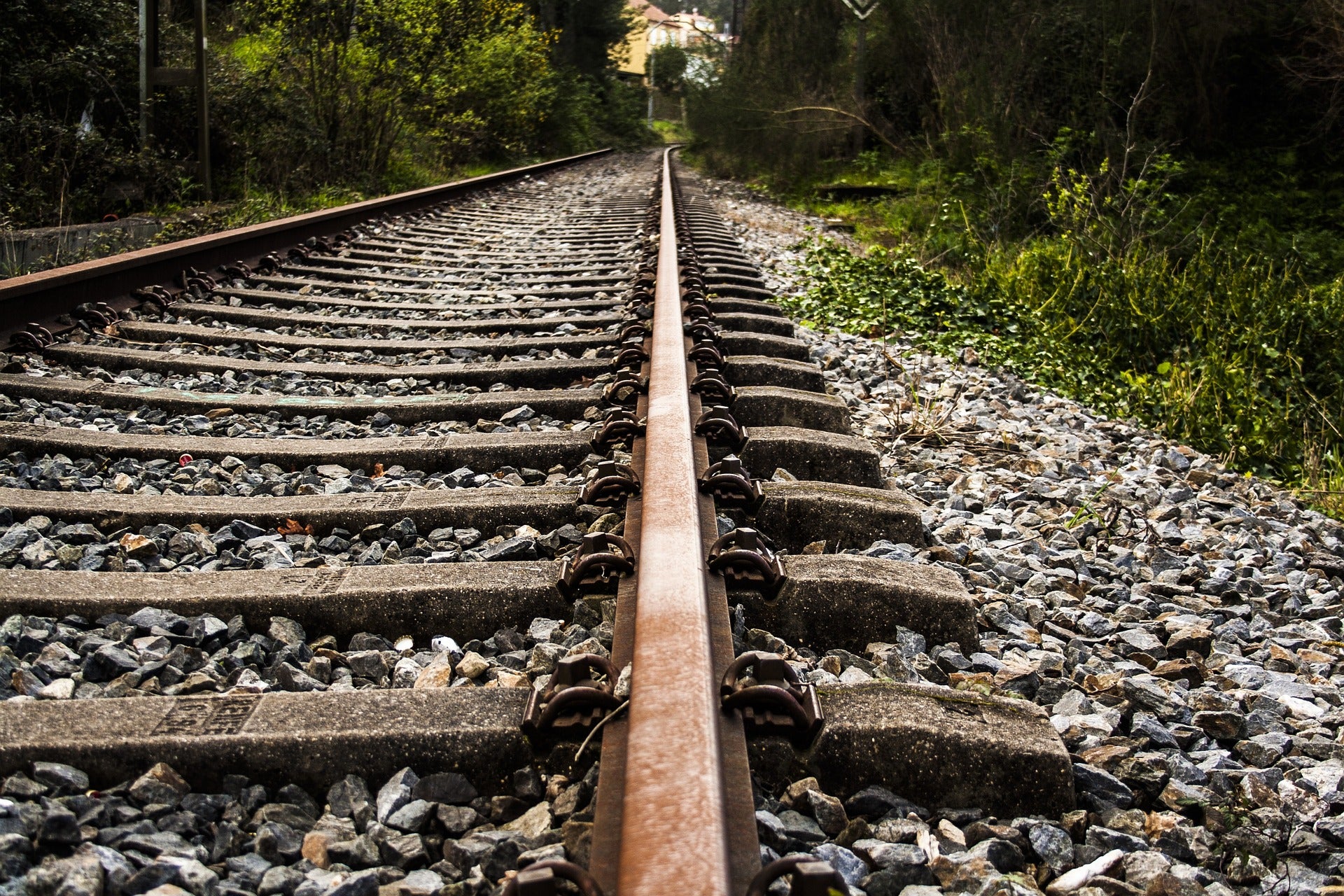
UAE’s Etihad Rail has signed a contract to procure 38 locomotives from US-based Progress Rail Locomotive, a Caterpillar company.
The new procurement will increase Etihad Rail’s fleet to 45 locomotives.
In a Twitter post, Etihad Rail said: “Our transport capacity with the new fleet will increase up to 60 million tonnes per year reducing the truck journeys to 2.4 million journeys yearly.”
As agreed, Progress Rail will design, develop and supply 38 EMD locomotives, which will be equipped with powerful motors and technology to reduce carbon emissions by up to 80%.
The locomotives will also be designed to operate in the typically high temperatures and humid climates of the Gulf region.
The fleet will also feature air filtration systems to separate sand from the air intake and ensure smooth operations when the train passes through the desert.
How well do you really know your competitors?
Access the most comprehensive Company Profiles on the market, powered by GlobalData. Save hours of research. Gain competitive edge.

Thank you!
Your download email will arrive shortly
Not ready to buy yet? Download a free sample
We are confident about the unique quality of our Company Profiles. However, we want you to make the most beneficial decision for your business, so we offer a free sample that you can download by submitting the below form
By GlobalDataEach of these locomotives will be capable of transporting a 100-wagon train.
Etihad Rail was established in June 2009 to operate and develop the national railway network in the UAE.
Last month, the company launched the construction works of Package A of Stage Two of the pan-Emirates railway network.
The scope of works includes the construction of a 139km stretch from Ruwais to Ghuweifat.
In December 2019, the operator awarded civil works and construction contract to deliver Package D of Stage Two of its rail network.
The AED4.6bn ($1.25bn) contract was awarded to the joint venture of China Railway Construction (CRCC) and National Projects and Construction (NPC).
Package D works will connect the Fujairah and Khorfakkan ports with the rail network at the Dubai-Sharjah border.



